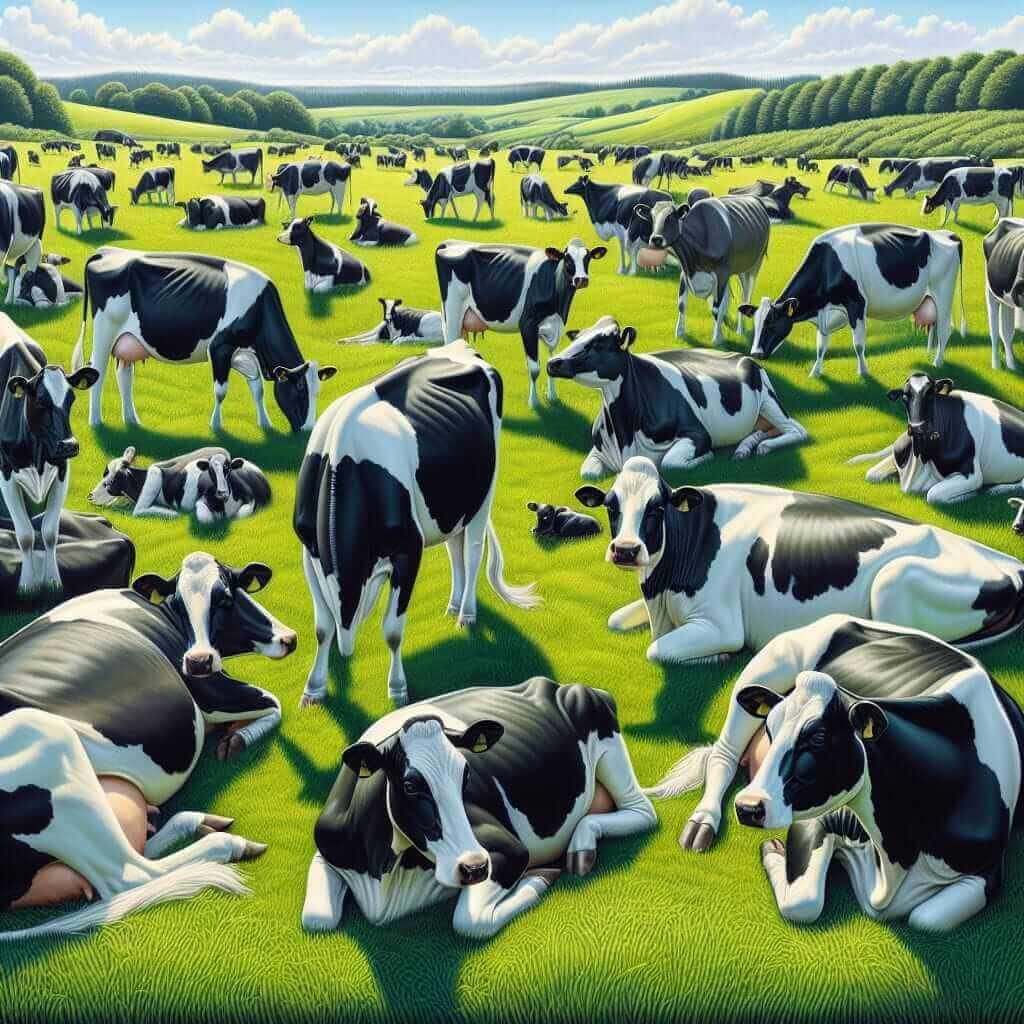As an IELTS instructor with over 20 years of experience, I often see students struggle with topic-specific vocabulary, especially in the Speaking test. One such topic that can catch candidates off guard is “milk production”. While it might not be an everyday conversation starter, understanding this vocabulary and being able to discuss it naturally is crucial for achieving a high band score in IELTS.
Why is “Milk Production” Relevant to IELTS?
The IELTS exam aims to assess your ability to communicate effectively in English across a range of topics. “Milk production” falls under the broader umbrella of agriculture, food production, and even environmental issues – all themes commonly explored in the IELTS Speaking test.
Navigating “Milk Production” Vocabulary
Let’s break down some key terms and concepts related to milk production:
1. Dairy Farming: This refers to the practice of raising livestock, primarily cows, for the purpose of milk production.
2. Dairy Cows: These are specifically bred cows that produce large quantities of milk. Popular breeds include Holstein Friesians and Jerseys.
3. Lactation: This is the process of milk production in mammals, typically initiated after the birth of offspring.
4. Milking: This is the act of extracting milk from a cow, traditionally done by hand but now commonly using milking machines.
5. Pasteurization: This is a heat-treatment process that kills harmful bacteria in milk, making it safe for consumption.
6. Dairy Products: This encompasses a wide range of foods made from milk, including cheese, yogurt, butter, and ice cream.
7. Organic Milk: This milk is produced from cows raised without the use of antibiotics, hormones, or genetically modified organisms (GMOs).
8. Yield: This refers to the amount of milk produced by a cow, often measured in liters or gallons per day.
9. Intensive Farming: This system maximizes milk production by keeping cows in confined spaces and often involves the use of antibiotics and hormones.
10. Free-Range Farming: This approach allows cows to graze freely on pastures, promoting animal welfare and potentially impacting the quality of milk.

IELTS Speaking Example:
Examiner: What are some of the factors that can affect milk production on a dairy farm?
Candidate: Well, several things come to mind. Firstly, the breed of the cow plays a significant role. For instance, Holstein Friesians are known for their high yield, while Jersey cows produce milk with a higher fat content. Secondly, the diet of the cow is crucial. A balanced diet rich in nutrients is essential for optimal milk production. Of course, factors like the overall health of the cow, the milking process itself, and even the season can influence milk production.
Tips for Success:
- Practice Makes Perfect: Engage in mock speaking tests using “milk production” related questions.
- Expand Your Vocabulary: Read articles and watch documentaries on dairy farming to learn new terms.
- Think Critically: Be prepared to discuss the ethical and environmental implications of different milk production methods.
- Speak Naturally: Use linking words and phrases to create a cohesive and fluent response.
By mastering the vocabulary and concepts related to “milk production”, you’ll be well-equipped to handle a wider range of IELTS Speaking topics with confidence. Remember, success in IELTS is about demonstrating your ability to communicate effectively on diverse subjects.